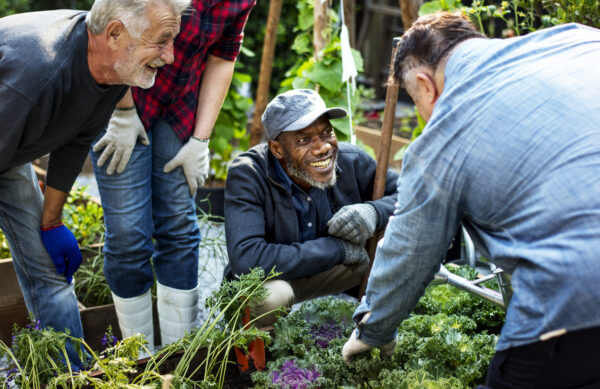A preventative approach to healthcare
In line with our PDH values, we believe much of this work should take place preventatively. We can’t continue to wait for people to be at breaking point before we act.
The default must shift from waiting to treat an illness to instead focusing on the causes that lead to the illness.
So, how does it work? Health and wellbeing are made a priority. Continuous support for the mind and the body.
This support can be delivered via regular education, mindfulness activities, social prescribing, exercise sessions – or an accumulation of whatever helps an individual to achieve whole-body wellness.
And that’s the real key. Whole-body wellness. Suicide is a complex beast and cannot be tackled with a one-stranded approach.
Healthcare in schools and workplaces
You’ll notice our title focuses on schools and workplaces. Why? Because suicide is the fourth leading cause of death among 15-29 year-olds globally in 2019. This age bracket will of course primarily include those in education and employment – as well as the unemployed.
This indicates a drastic need for greater support and resources for those both at work, at school, and out of work.
The World Health Organisation notes that: “While the link between suicide and mental disorders is well established in high-income countries, many suicides happen impulsively in moments of crisis with a breakdown in the ability to deal with life stresses, such as financial problems, relationship break-up or chronic pain and illness.”
We must start getting more specific. Whilst appreciated in day-to-day life, the ‘how are you’ isn’t always going to cut it. There must be greater education into specific coping mechanisms on how to cope with stress, financial problems, relationship strains, the mental impact of chronic pain and illness, and whatever causes individuals intense distress.
Beyond that, we must train and recruit dedicated team members to recognise the signs and the symptoms that lead to suicide. Without this knowledge, we cannot help anyone.
What can you do?
Whilst large-scale change must take place within workplaces and education systems, there are immediate things we can all do to help. Check-in. Be kind. Remind people of their worth. Have conversations. Listen. Support people in the way they want to be supported. Tell people they’re loved.
For every suicide, there are more people who attempt it. An attempt in itself signals a risk factor for suicide. We cannot ever become complacent. There is always more to learn and people to be helped.
In fact, you can spend just 20 minutes of your take the Zero Suicide Alliance (ZSA) Training. This training is designed to help you confidently develop the skills to support someone who might be contemplating suicide.
And as for us, we have the privilege to digitise a wide variety of health and wellbeing services that are integral to the lives of others. We’re also working on some game-changing technology to help others achieve and sustain whole-body wellness. If you’d like to learn more please contact us directly.
Helpful resources:
- If someone is an immediate danger to themselves please call 999.
- For 24/7 mental health crisis support call NHS111 and choose option 2.
- If you or someone you know is feeling emotionally distressed or suicidal call Samaritans for help on 116 123 or email jo@samaritans.org in the UK. In the US, call the Samaritans branch in your area or 1 (800) 273-TALK.


